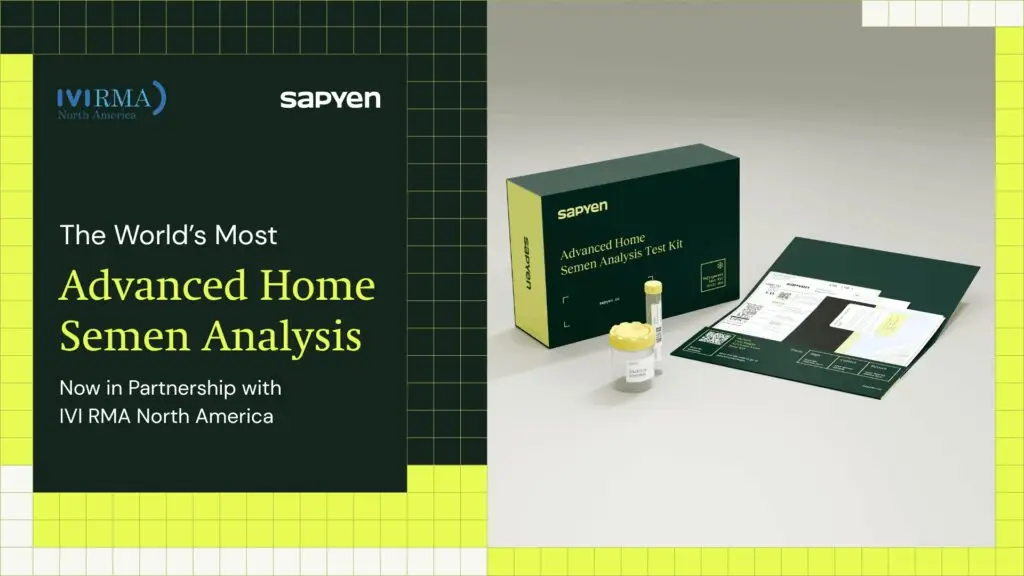The move reflects a broader shift among major fertility networks toward integrating remote diagnostics that can withstand laboratory scrutiny.
Male fertility evaluation has long been structured around the immediate delivery of samples to a laboratory, a logistical requirement that has limited access and shaped the patient experience for decades.
While consumer demand for at-home testing has grown, most options on the market rely on predicted motility or indirect scoring models—approaches that offer convenience but fall short of the methods used in clinical decision-making.
Before formalizing the agreement, IVI RMA conducted internal validations of the technology within its andrology laboratories to assess whether results derived from stabilized samples could be interpreted within the organization’s established analytical frameworks.
According to both companies, the assessments showed that the stabilized samples produced data consistent with the standards IVI RMA applies across its network. For an organization known for its methodical approach to technology adoption, the outcome marks a significant development: a home-collection pathway capable of integrating into the same diagnostic system used for in-clinic patients.
“IVI RMA’s evaluation was anchored in laboratory integrity, and that process guided the outcome,” said Ash Ramachandran, Chief Executive Officer of Sapyen. “But the significance of this partnership is larger than validation—it reflects a shift in how male fertility will be handled going forward. Clinics have been looking for a way to reconcile flexibility with accuracy; this collaboration shows that the two can finally coexist.”
For an industry in which male diagnostics have historically lagged behind broader innovations, the collaboration offers a model for reconciling home-based access with the standards of clinical practice—a combination likely to influence how other networks approach male fertility testing.
ENDS

